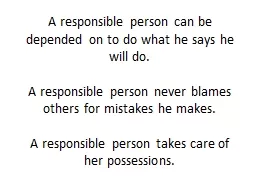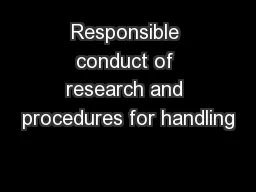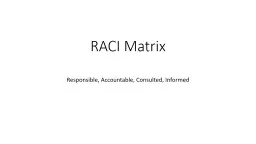PDF-t has been a long time coming,butthose responsible for developing to-d
Author : dailyno | Published Date : 2020-11-19
august 2002 OF THE GREEDY MANAGERS Visionary business schoolsrealize the importance ofdeveloping a new generationofMBA graduates who careabout sustainabilityBYROGERCOWE SUSTAINABILITY
Presentation Embed Code
Download Presentation
Download Presentation The PPT/PDF document "t has been a long time coming,butthose r..." is the property of its rightful owner. Permission is granted to download and print the materials on this website for personal, non-commercial use only, and to display it on your personal computer provided you do not modify the materials and that you retain all copyright notices contained in the materials. By downloading content from our website, you accept the terms of this agreement.
t has been a long time coming,butthose responsible for developing to-d: Transcript
Download Rules Of Document
"t has been a long time coming,butthose responsible for developing to-d"The content belongs to its owner. You may download and print it for personal use, without modification, and keep all copyright notices. By downloading, you agree to these terms.
Related Documents














